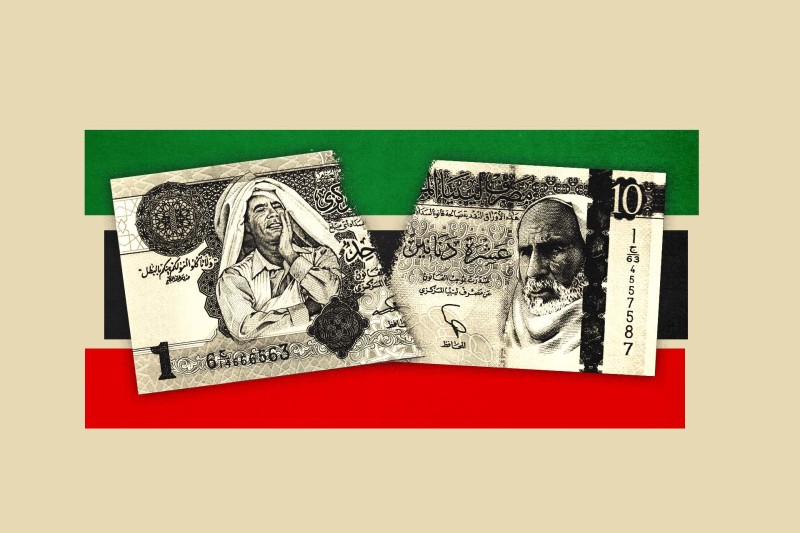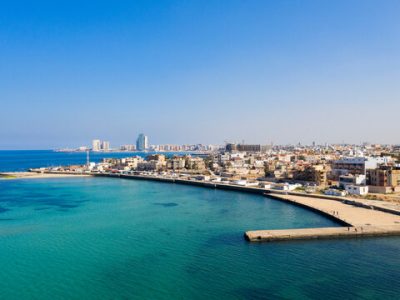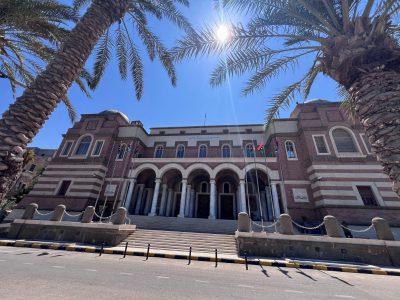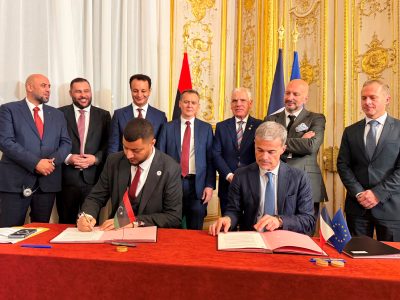Libya Needs a Sovereign Wealth Fund for Stability and Growth (Opinion)
It is no secret that Global oil markets move unpredictably. Yet Libya continues to rely on hydrocarbon revenues to support public spending and development. One year, high prices deliver unprecedented surpluses; the next, a downturn forces painful budget cuts. This cycle erodes planning horizons and threatens stability. Creating a sovereign wealth fund would safeguard a portion of oil earnings, build reserves for lean years and channel capital into strategic projects that diversify the economy. Such a fund must rest on a foundation of clear rules, professional management and transparency if it is to transform finite resources into a lasting national endowment.
Lessons from Global Sovereign Wealth Funds
Norway and Chile have shown how a rigorously governed fund can stabilize public finances and generate returns for future generations. Norway’s Government Pension Fund Global, now valued at more than 1.4 trillion dollars, smooths budget volatility and supports welfare spending. Libya collected roughly 50 billion dollars from oil exports in 2024. Investing even ten percent of annual oil revenues would seed it with five billion dollars each year. Over a decade, those contributions could accumulate into a substantial reserve, available for countercyclical spending or invested in yield generating assets.
The fund’s legal framework must specify its objectives, funding sources, withdrawal limits and oversight arrangements. Legislation should define precise rules – such as channeling a fixed share of oil export receipts or any surplus above a benchmark price per barrel – into the fund. Withdrawals would be capped at a modest percentage of non-oil GDP, preventing the fund from being raided to plug recurrent fiscal gaps. The central bank would administer transfers, ensuring coordination between monetary and fiscal authorities. Transparency is equally vital. Annual reports, external audits and parliamentary review would build credibility. Libya should commit to the Santiago Principles, the voluntary guidelines endorsed by the International Monetary Fund and World Bank, to demonstrate adherence to international best practices.
Designing a Strong and Transparent Libyan Fund
An independent board, drawn from Libya’s financial and academic circles as well as international experts, would oversee investment strategy. A dedicated secretariat would handle day-to-day management under the board’s guidance. Professional asset managers, selected through competitive international tenders, would implement a diversified portfolio of global equities, high-grade fixed-income securities and strategic real assets. Risk controls, such as strict limits on exposure to any single market or asset, would guard against reckless speculation. A portion of the fund could be earmarked for domestic infrastructure projects that yield economic and social dividends: port expansions, renewable-energy installations and technology parks. By targeting sectors with high growth potential, these investments would help reduce reliance on oil and bolster job creation.
Libya’s experience with budget overruns and off-budget spending underlines the need for strong governance safeguards. The sovereign wealth fund’s statutes must insulate it from arbitrary withdrawals and political interference. Clear appointment procedures and term limits for board members would prevent consolidation of power. Parliamentary committees should review the fund’s operations and hold regular hearings. Public disclosure of investment performance and costs will empower citizens to hold institutions to account. Only by demonstrating a sustained commitment to fiscal discipline can Libya attract the confidence of international investors and partner institutions.
A Roadmap for Implementation
Implementing a sovereign wealth fund requires a phased approach. The first step is enacting the enabling legislation by mid-2026, defining the fund’s mandate, governance and contribution rules. The second is seed capitalization in early 2027, with an initial transfer of at least five billion dollars drawn from cumulative oil surpluses or a dedicated transition account. This phase would also establish the secretariat and appoint the inaugural board. The third phase, from late 2027 onward, would see the fund accept regular contributions and deploy capital according to its investment policy. Benchmarks, such as outperforming global inflation by two percentage points, would guide ongoing evaluation.
Libya should leverage international technical assistance to accelerate capacity building. The IMF and World Bank offer expertise in fund governance and risk management. Sovereign funds in Norway and Chile have professionalized training programs and shared their models for board composition, conflict-of-interest rules and performance reporting. Partnering with established sovereign wealth funds and global audit firms would help Libya develop domestic talent and instill a culture of accountability. Early successes in transparency and performance will signal to rating agencies and foreign investors that Libya is ready to manage its resources responsibly.
The benefits of a well-managed sovereign wealth fund extend beyond financial returns. By cushioning the budget from oil price shocks, the fund would free up resources for essential services, infrastructure projects and economic diversification. Citizens would see a clear link between resource wealth and public welfare. A transparent fund would also serve as a pillar of national unity, demonstrating that Libya’s hydrocarbon wealth belongs to all citizens and is being stewarded for their benefit. Over time, dividends from the fund could fund scholarships, health care and green-energy transitions, laying the groundwork for a knowledge-based economy.
Libya stands at a crossroads. Continued reliance on ad hoc oil revenues perpetuates volatility and undermines long-term development. A sovereign wealth fund offers a disciplined mechanism to convert finite resources into enduring prosperity. Success is not guaranteed; it will demand political courage, institutional capacity and unwavering commitment to transparency. Yet the alternative is clear: without a credible saving and investment vehicle, each oil boom risks becoming yet another squandered opportunity. By establishing a sovereign wealth fund now, Libya can ensure that its energy wealth becomes the bedrock of lasting stability and shared growth.




